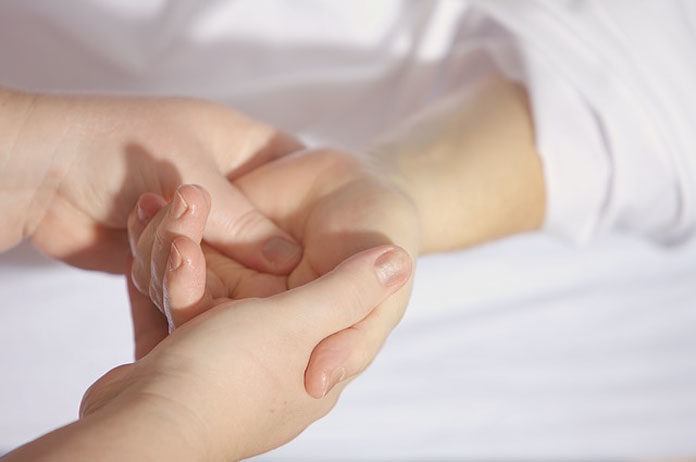There is a proverb: ‘Keep putting out good. It will come back to you tenfold in unexpected ways’. And scientists actually prove it right. A new study suggests that people who care others, live longer. The study is conducted by scientists from the University of Basel in collaboration with other scientists from Edith Cowan University, the University of Western Australia, the Humboldt University of Berlin, and the Max Planck Institute for Human Development in Berlin.
The study suggests that the older people who care others are also doing themselves a favor. Generally, grandparents care for their children and grandchildren as well. According to study, such caring grandparents live longer as compared to those who do not.
Caregiving can have a positive effect on the mortality to the people who care others. While analyzing, scientists found that half of the grandparents who took care of their grandchildren were still alive about ten years after the first interview in 1990.
For the survey, scientists involved 500 people under the age of 70 and 103 years. Researchers intentionally did not involve grandparents who were primary or custodial caregivers. Instead, they compared grandparents who provided occasional childcare with grandparents who did not, as well as with older adults who did not have children or grandchildren but who provided care for others in their social network.
Grandparents without grandchildren but who supported their children have reported the similar effect. For example, by helping with housework. In contrast, about half of those who did not help others died within five years.
This positive effect of caregiving on mortality was not definite to help and caregiving within the family only. The data analysis showed that childless older adults who provided others with emotional support also benefited.
According to scientists, prosocial behavior is originally rooted in family. Development of parents’ and grandparents’ prosocial behavior toward their kin left its imprint on the human body in terms of a neural and hormonal system. It actually leads to the evolution of cooperation and altruistic behavior towards non-kin.
Ralph Hertwig said, “helping shouldn’t be misunderstood as a panacea for a longer life. A moderate level of caregiving involvement does seem to have positive effects on health. But previous studies have shown that more intense involvement causes stress, which has negative effects on physical and mental health.” (Ralph Hertwig is the Director of the Center for Adaptive Rationality at the Max Planck Institute for Human Development.)
RELATED:
- People With Acne Appear To Protect Against The Signs Of Ageing
- Maximum Human Lifespan Has Already Been Reached
